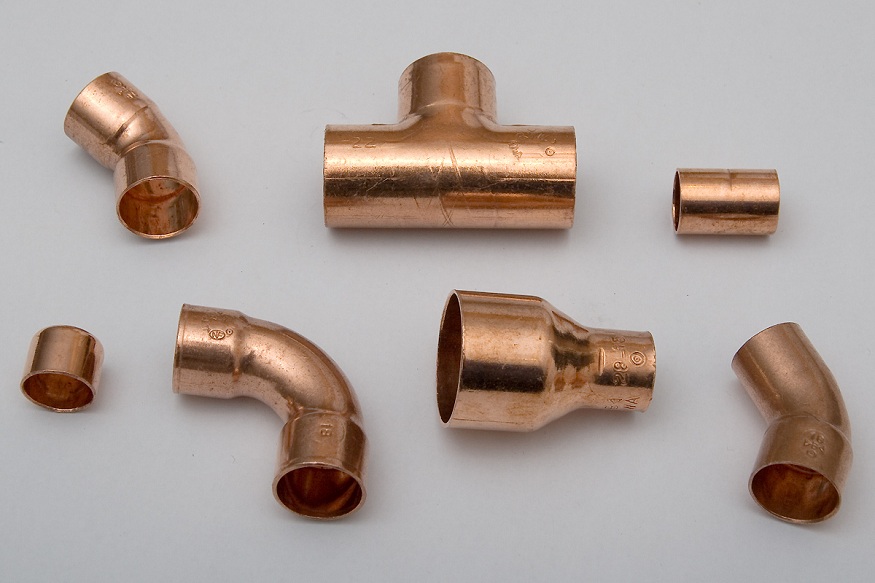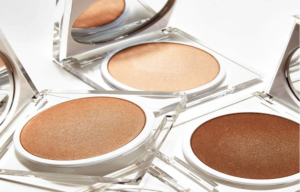How to Choose the Plumbing Pipes for Commercial Building

When it concerns commercial establishments and manufacturing facilities, numerous factors influence the entire operation’s performance. Pipelines and fixtures are one of the components of a commercial building. The commercial facility’s pipe system, which runs across the ceilings and walls, transports various fluids. Pipe fixtures, including PPR pipes, like most other vital systems, require maintenance and, in some instances, replacement.
Commercial vs. Residential Plumbing: What’s the Difference?
The main distinction between residential and business piping is that commercial pipe networks are utilized more often. Furthermore, the drainage system is significantly more sophisticated, and everything associated with it is more chaotic.
Commercial drainage systems are heavily used, resulting in increased excessive wear and deterioration. In addition, unlike a home setup, they must deal with a lot of fluid pressure, heat flux, exposure, and heavy traffic.
In addition, unlike a home setup, they must deal with a lot of fluid pressure, heat flux, exposure, and heavy traffic.
Types of Commercial Drainage Pipes
Commercial plumbing products come in various styles, some of which are specifically designed to meet a specific requirement.
The following are some of the most popular piping systems used in commercial buildings:
- Copper
Because of its exceptional durability and corrosion resistance, this is one of the most costly alternatives. It can withstand high pressure and is suited for hot and cold applications.
- Stainless Steel
Stainless steel is a durable material.
If corrosion is a significant concern in business drainage, stainless steel tubes should be fitted with their high strength and enhanced flexibility.
- Cast-iron
In a business environment, it is usually employed in sewage pipes. These commercial construction materials are designed to withstand pressure and temperature changes. They are fireproof and may reduce sound levels to a significant degree.
- PVC
These pipes are commonly employed in interior applications and may be found across residential and commercial applications. However, PPR pipes are the preferred choice in domestic usage. PVC pipes are utilized in commercial establishments.
Selecting the Right Commercial Plumbing Materials
When it comes way to upgrading the pipe system, you have the opportunity to choose the best industrial piping materials for enhanced longevity and performance. When designing a fluid pipe system for your commercial business, consider various aspects. The pipe material you choose significantly influences the system’s operation.
If the facility has to transfer high-temperature fluids, the pipe material must do so. Even though the pipes may grow incredibly hot, metals are the best option in such situations.
If the liquid is too hot or too cold, commercial plumbing components should be designed specifically for that use. Consequently, the pipe may get rusted and destroyed, causing the fluid within to become contaminated. It might entirely break down the pipeline in the worst-case situation, resulting in costly repairs and workplace risks.
Commercial plumbing components should be highly sturdy, have a higher diameter, and tolerate high-pressure fluids when the fluid pressure being delivered is relatively high. The plumbing systems should be able to bear 150 pounds per square inch of pressure. If an industrial piping system has to transfer liquid at greater forces, the ducts utilized should be constructed expressly for that purpose.






